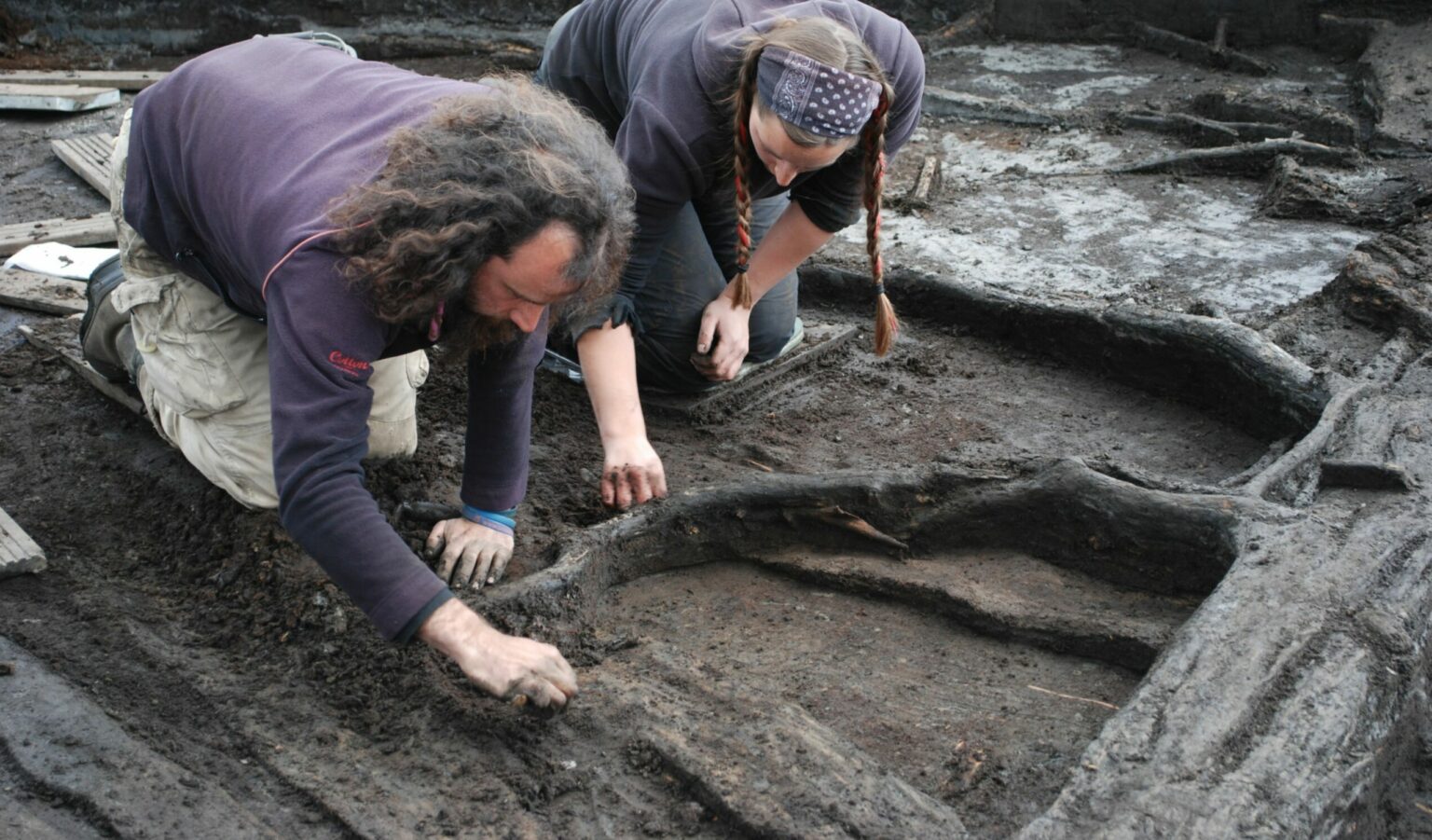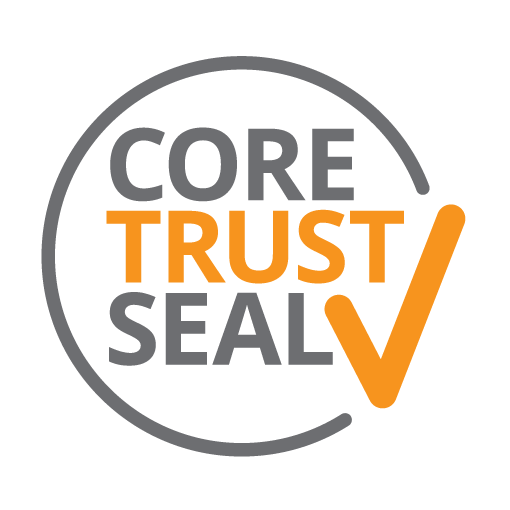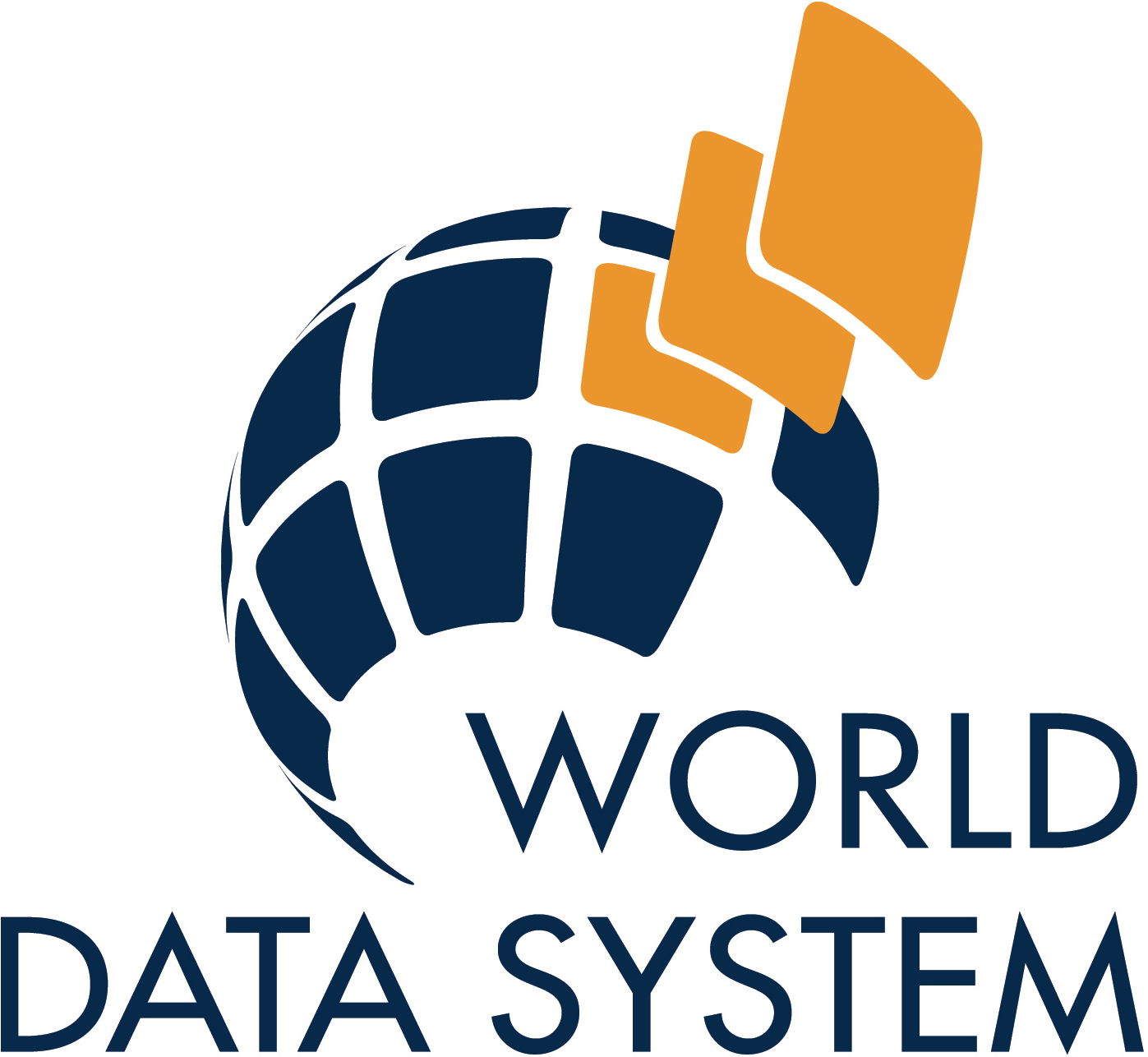Depositing at tDAR (USA)
Digital antiquity
Digital Antiquity supports access to and preservation of archaeological information through its digital repository tDAR (The Digital Archaeological Record). While based in the United States, tDAR’s scope is international and accepts archaeological materials from all seven continents. Digital Antiquity staff are available for consultation during normal business hours. Digital Antiquity will accept a wide range of digital archaeological data for the tDAR repository. Data and documents contributed to the tDAR repository may include digital files related to a wide range of archaeological investigations and topics, e.g., archives and collections, field studies of various scales and intensities, and historical, methodological, synthetic, or theoretical studies.
Pricing
Please see the tDAR website for up-to-date information on pricing. In general, tDAR pricing is based on the size (both file size and number of files) as well as complexity of the item. Large and complex projects may benefit from a more direct consultation; please contact Digital Antiquity.
Terms of use
Knowledge gained through the efforts of many researchers is shared through tDAR in order to encourage and facilitate archaeological and related research. Use of this information is subject only to the minimal conditions of a Creative Commons Attribution license (as adapted) but applicable whether or not the data provided by this site are legally subject to copyright. Users of tDAR may copy or distribute its content or to use it in derivative works (e.g., to publish or otherwise distribute an argument based on analyses of these data) under the following four conditions:
- All uses and applications of tDAR content must be accompanied by proper citation and attribution of relevant contributors (as provided by tDAR with the content).
- For any redistribution of information resources, must clearly cite and attribute relevant contributors, and make clear to others the license terms of this work.
- Users agree that they will not use content obtained through tDAR in ways that could be reasonably expected to lead, directly or indirectly, to damage to the archaeological record.
- Users must acknowledge that neither the Center for Digital Antiquity, its sponsors and associates, nor those individuals and institutions providing content through tDAR, guarantee the accuracy or usability of the content and further agree that they may not hold any of these parties liable for any direct or consequential damage arising from their use of tDAR or its content.
Deposit formats
Digital Antiquity accepts in tDAR many of the formats and file-types described throughout the guides, and is constantly working to add support for additional formats as is technically feasible. Like many digital repositories, tDAR accepts not only archival formats, but industry standard and commonly used formats as well. Please see the tDAR website for an up-to-date list.



